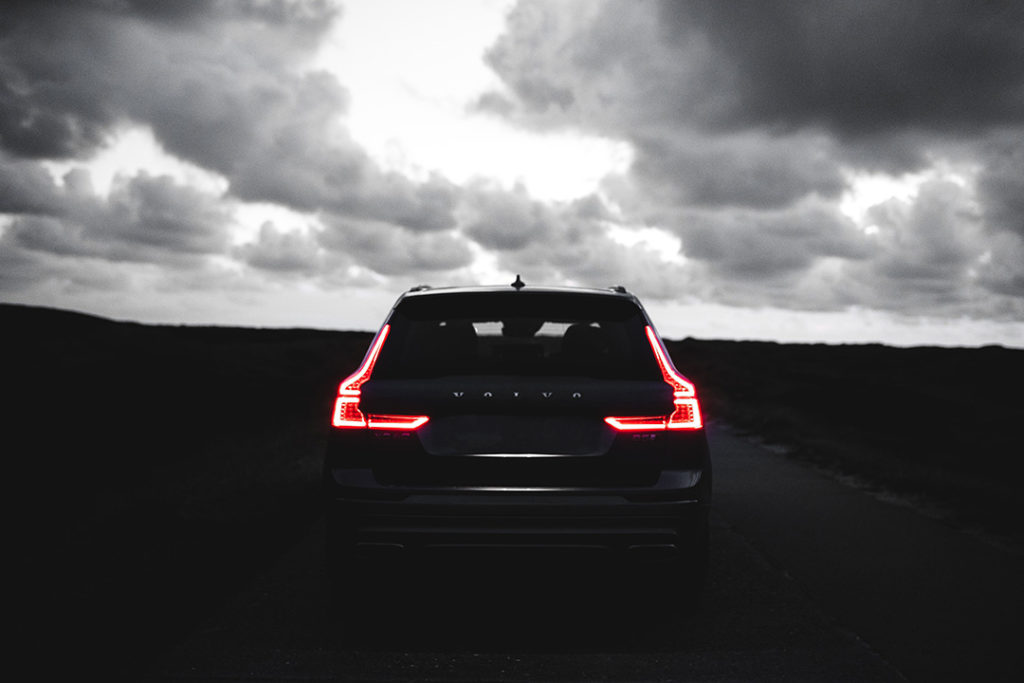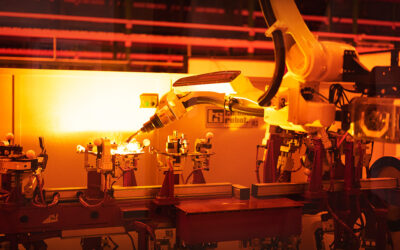Volvo cars are well-known for their impeccable safety standards, but now the Swedish brand has announced its intention to become a fully electric car manufacturer by 2030. Volvo will only sell electric vehicles (EVs) and will phase out every car in its global portfolio powered by an internal combustion engine, including hybrids. Formex supplies a variety of complex automotive components indirectly to Volvo, through our Tier 1 customers.
This change forms part of the company’s climate strategy, which aims to continuously reduce the life cycle carbon footprint of each Volvo vehicle. Its decision also builds on the expectation that legislation, as well as a rapid expansion of accessible high-quality charging infrastructure, will accelerate consumer acceptance of EVs.

Volvo to focus on online sales
Volvo also plans to invest heavily in online sales and product simplification – the brand will only sell its all-electric vehicles online and at predetermined prices. Customers will be able to subscribe to or purchase a vehicle online. Pre-selected configurations will also be available, reducing the time between purchasing and receiving a new car.
“To remain successful, we need profitable growth. So instead of investing in a shrinking business, we choose to invest in the future – electric and online,” says Volvo’s chief executive Håkan Samuelsson. “The key to sustainability is electrification. Together with investments in charging infrastructure that is the right way to go and the course we have chosen at Volvo,” he adds.

The second fully electric car launched
This plan and announcement were made in conjunction with the introduction of the Volvo XC40 Recharge – a low-slung crossover built on the company’s CMA vehicle platform. The XC40 is the second vehicle under Volvo’s EV-focused Recharge brand, but it is the first model planned from the start to be fully battery-powered.
Volvo intends to release a number of additional EVs in the coming years. By 2025, it hopes to see half of its global sales made up of EVs, with the remainder being hybrids. By 2030, any vehicle it sells should be fully electric.
“The future customer offer cannot just consist of an electric car,” Samuelsson explains. “We also need to listen to our consumers, and they expect transparency and a seamless experience getting and having a car.”
2030 will be a pivotal year for Volvo – one of the many automotive manufacturers who are paving the way and revolutionising electrified cars. Powered by their consumers and the need to lessen their carbon footprint, electric cars will soon be the norm for the industry. EVs are becoming increasingly appealing in a world where many people are concerned about reducing carbon emissions and pollution.
Formex Industries is a metal forming and assembly company that supplies a variety of complex products to the local automotive industry and the export market. The company is based in the Nelson Mandela Bay metropole, South Africa’s foremost region for automotive manufacturing and export.
Formex is a supplier with over 80% black ownership, of which more than 40% are black women. The company is owned by Deneb Investments Limited – a subsidiary of Hosken Consolidated Investments Limited (HCI) – one of South Africa’s biggest true B-BBEE companies listed on the Johannesburg Stock Exchange (JSE).
Follow us on Facebook for the latest industry news and features relating to our products and services.





